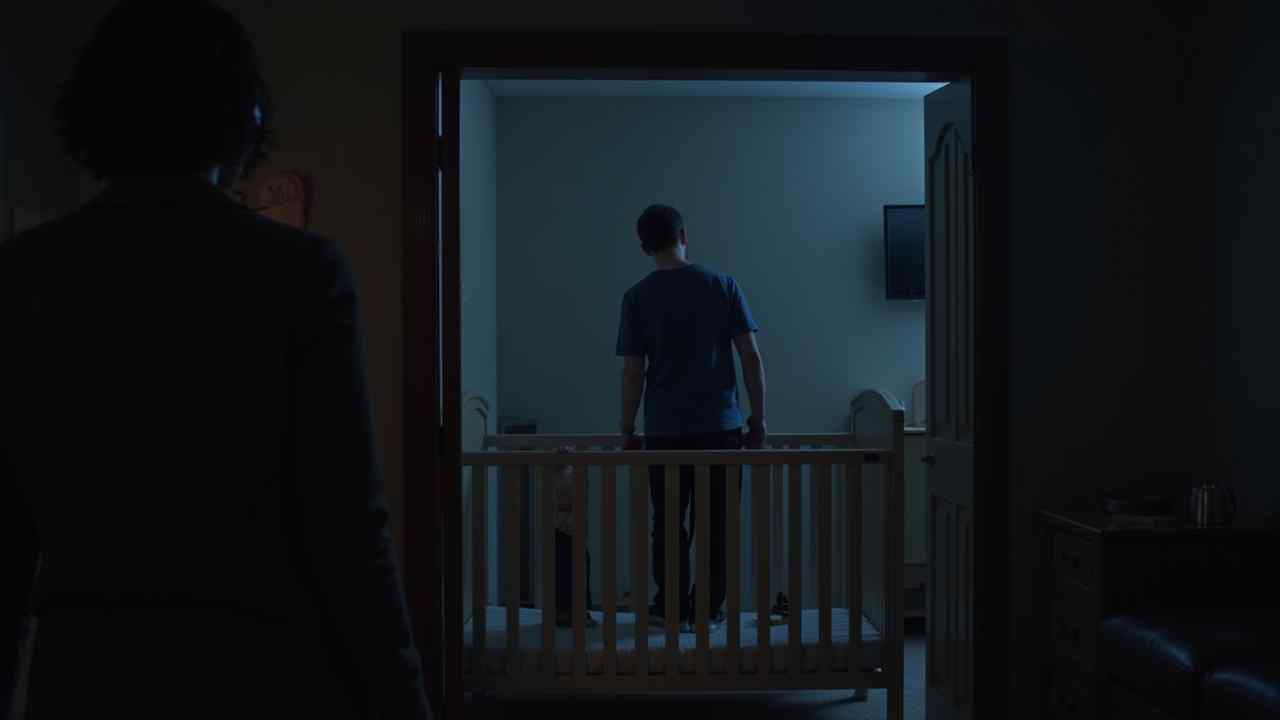
🗓️ A Parent's Guide to the 18-Month-Old Sleep Schedule (& Regression!)
🗓️ Your 18-Month-Old's Sleep Schedule (and the Infamous Regression!) 🗓️
The 18-month mark is a major milestone in your child's life. They are no longer a baby, but a walking, talking toddler with a mind of their own. This newfound independence often brings a major and notoriously difficult sleep disruption: the 18-month sleep regression.
If your once-decent sleeper is now throwing epic bedtime tantrums, fighting their nap, and waking up all night, you are not alone. This is one of the most challenging sleep regressions for parents. The good news is that it is a normal and temporary phase.
This guide will explain a typical 18 month old sleep schedule. We will also cover why this regression happens and how to manage it. Let's get your family back to more peaceful nights. 💪
🤔 What Does a Typical 18-Month-Old's Sleep Schedule Look Like?
By 18 months, your toddler's sleep needs have matured. They are now solidly on a one-nap schedule. Understanding their new stamina is key to a successful day. Here are the key sleep numbers for this age.
- Total Sleep: About 11 to 14 hours in a 24-hour period.
- Nighttime Sleep: 10 to 12 hours.
- Daytime Sleep: One solid nap lasting 2 to 3 hours.
- Wake Windows: The time your toddler can stay awake is now much longer. It is typically between 4 and 6 hours.
What is a good sample schedule?
A typical 18 month old sleep schedule is built around that single midday nap. This is just a template, so adjust it based on your child's needs.
- 7:00 AM: Wake up
- (5.5-hour wake window)
- 12:30 PM - 2:30 PM: Nap
- (4.5-hour wake window)
- 7:00 PM: Bedtime
🤯 Why is the 18-Month Sleep Regression So Challenging?
This regression is a perfect storm of developmental leaps. Your toddler's growing independence is the main cause of the sleep battles. It is less about a change in sleep biology and more about a change in behavior.
Is it about testing independence?
Yes. This is the number one cause. Your 18-month-old is realizing they have their own desires. Saying "no" to bedtime is a powerful way to test boundaries. They want to see who is in charge. This is a normal part of their development.
Is separation anxiety a factor?
Yes, separation anxiety can peak again at this age. Your toddler does not want to be away from you. This can cause them to protest loudly when you leave the room at bedtime. They may cry out for you during the night.
Are they teething?
The painful process of teething can also be a major disruptor. The canine teeth and first molars often emerge around this time. This can cause significant discomfort that makes sleep difficult.
✅ What Are the Best Strategies for Managing This Phase?
The key to surviving the 18-month sleep regression is to be a calm and consistent leader. Your toddler is looking to you for security and clear boundaries. Here are some essential tips.
1. Be Confident and Firm: Your toddler can sense when you are unsure. When it is time for bed, be loving but firm in your message. A confident and calm parent is very reassuring to a toddler who is testing boundaries.
2. Stick to Your Routine: A predictable bedtime routine is more important than ever. It provides a sense of security. Keep it short and consistent: bath, pajamas, a couple of books, a final cuddle, and then into the crib.
3. Set Clear Boundaries: If your rule is that your child sleeps in their crib, stick to it. Giving in to demands for one more story or bringing them into your bed will only prolong the regression. They will learn that protesting works.
This phase can last from two to six weeks. Its duration often depends on how consistently parents respond. Stay strong and consistent. This tough phase will pass, and peaceful sleep will return. ❤️